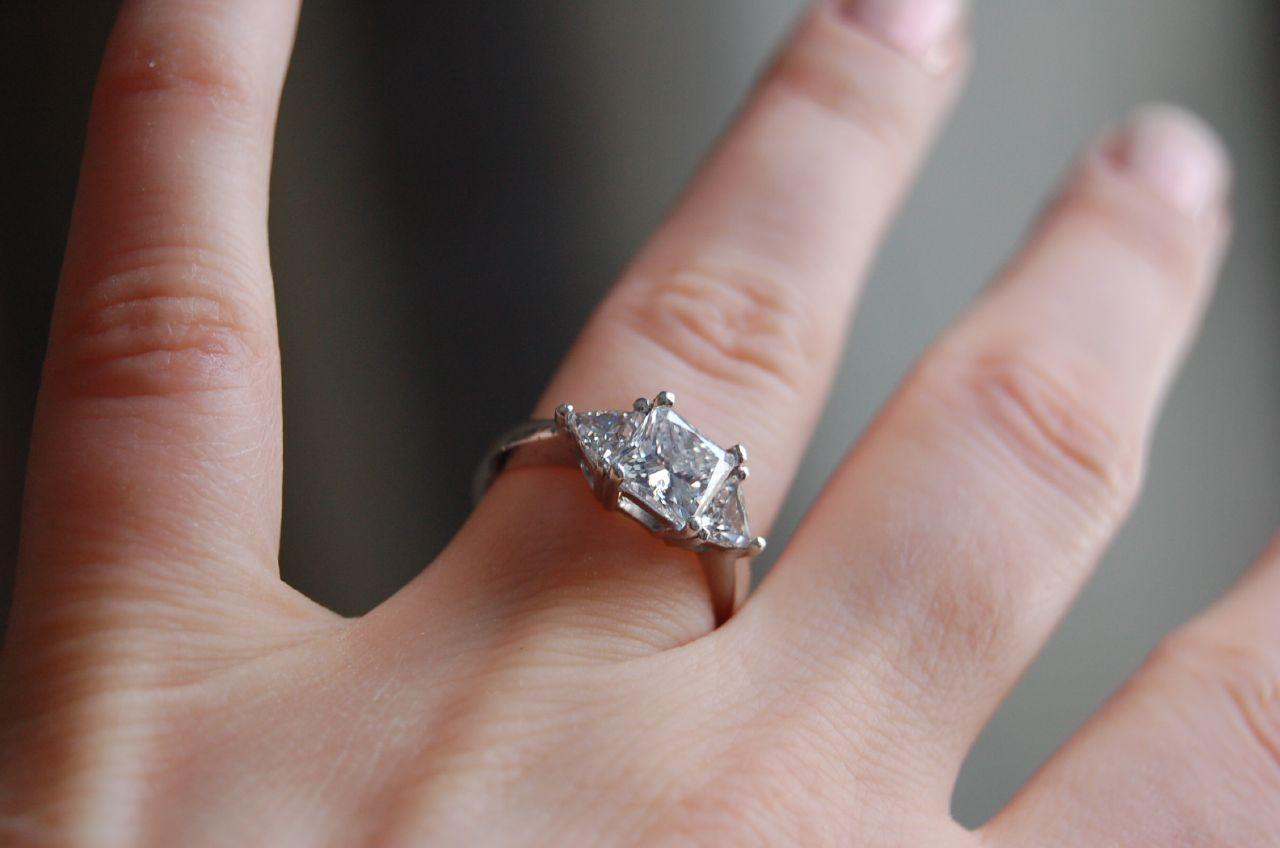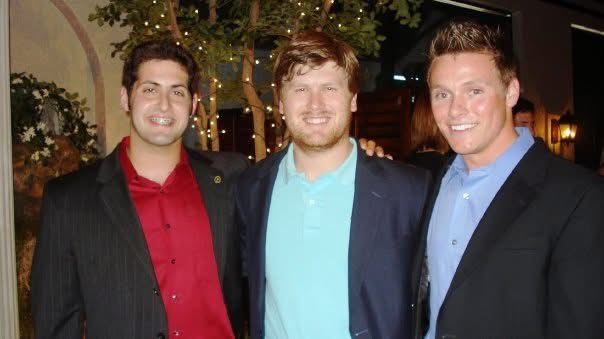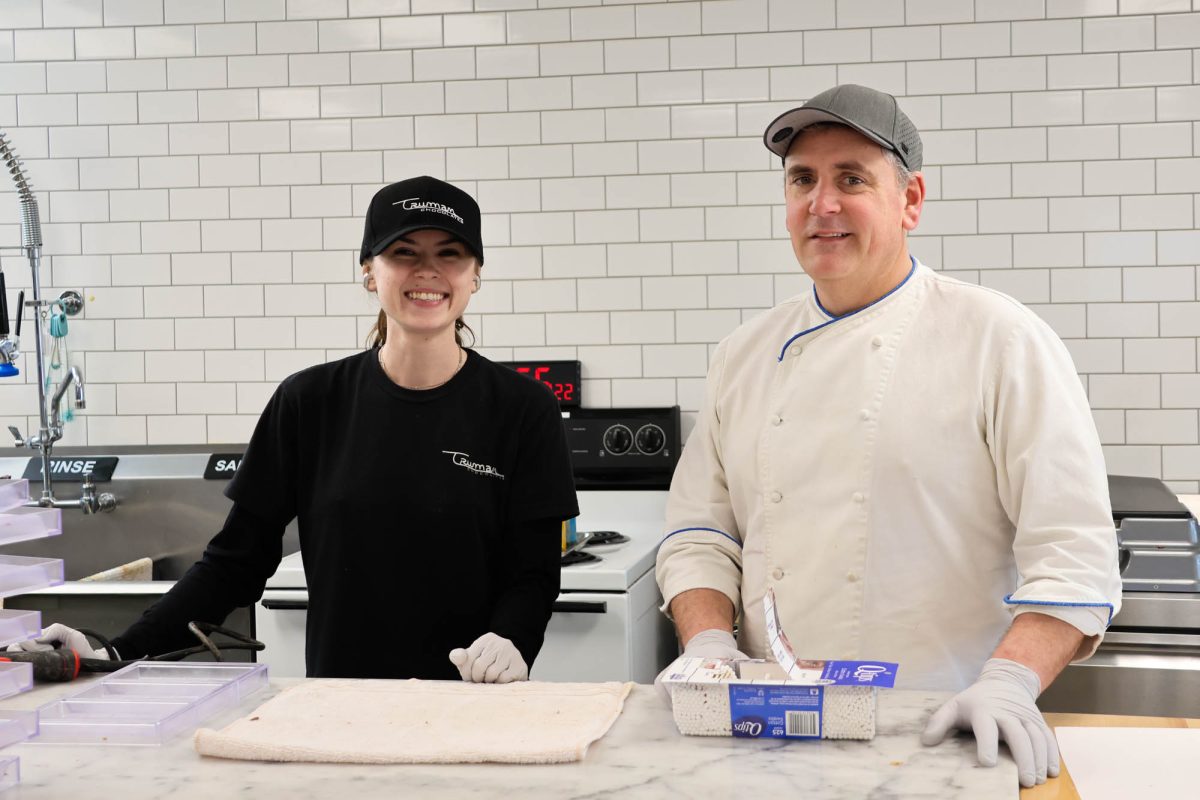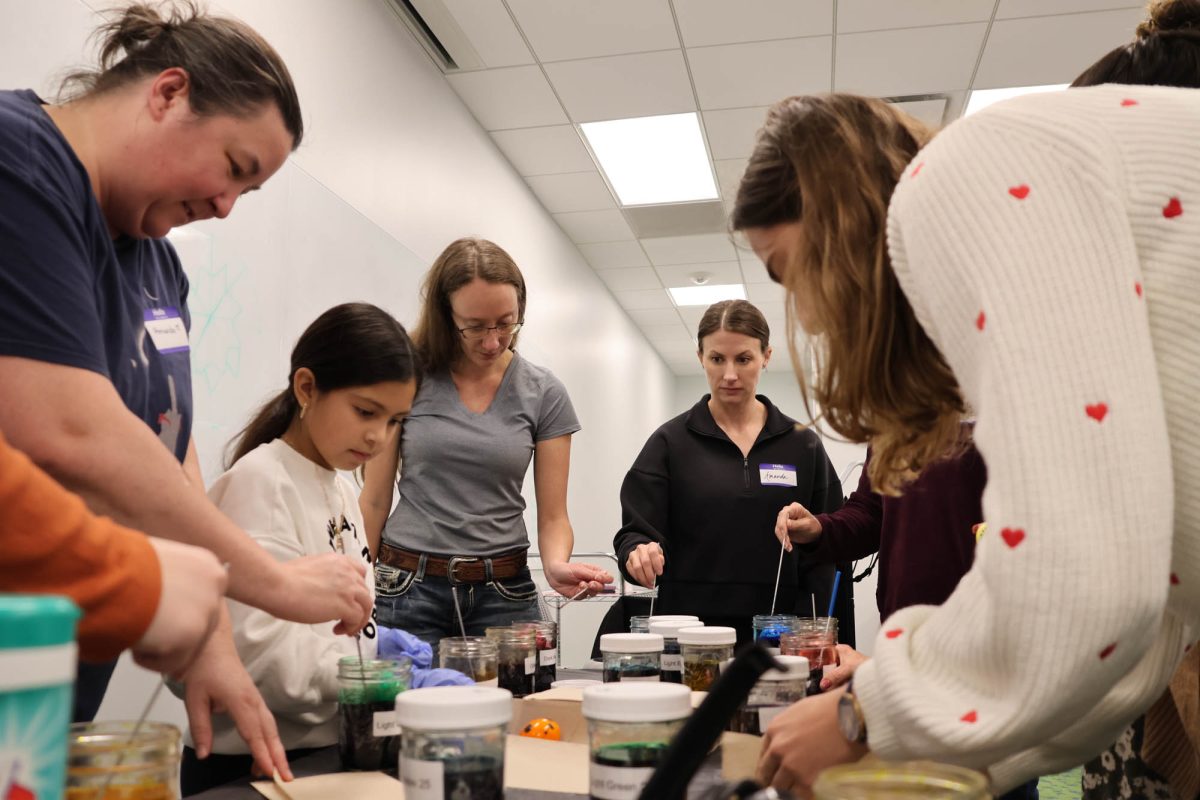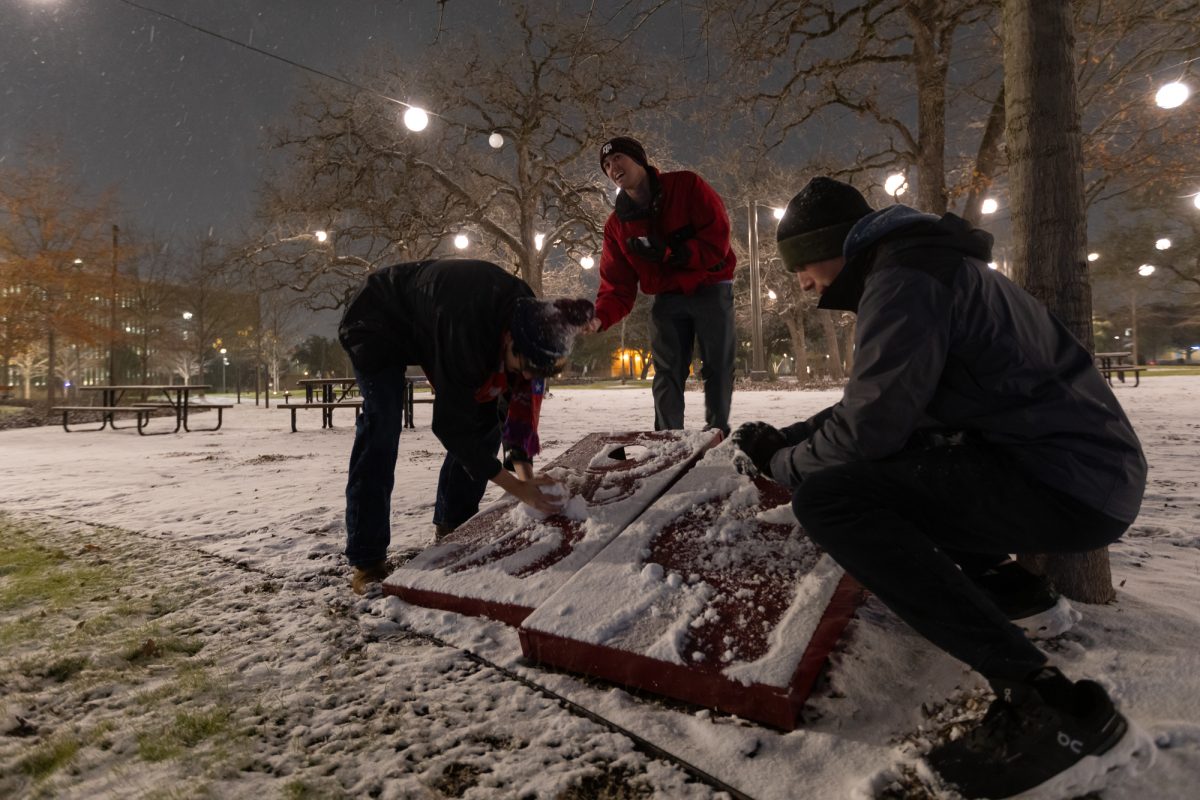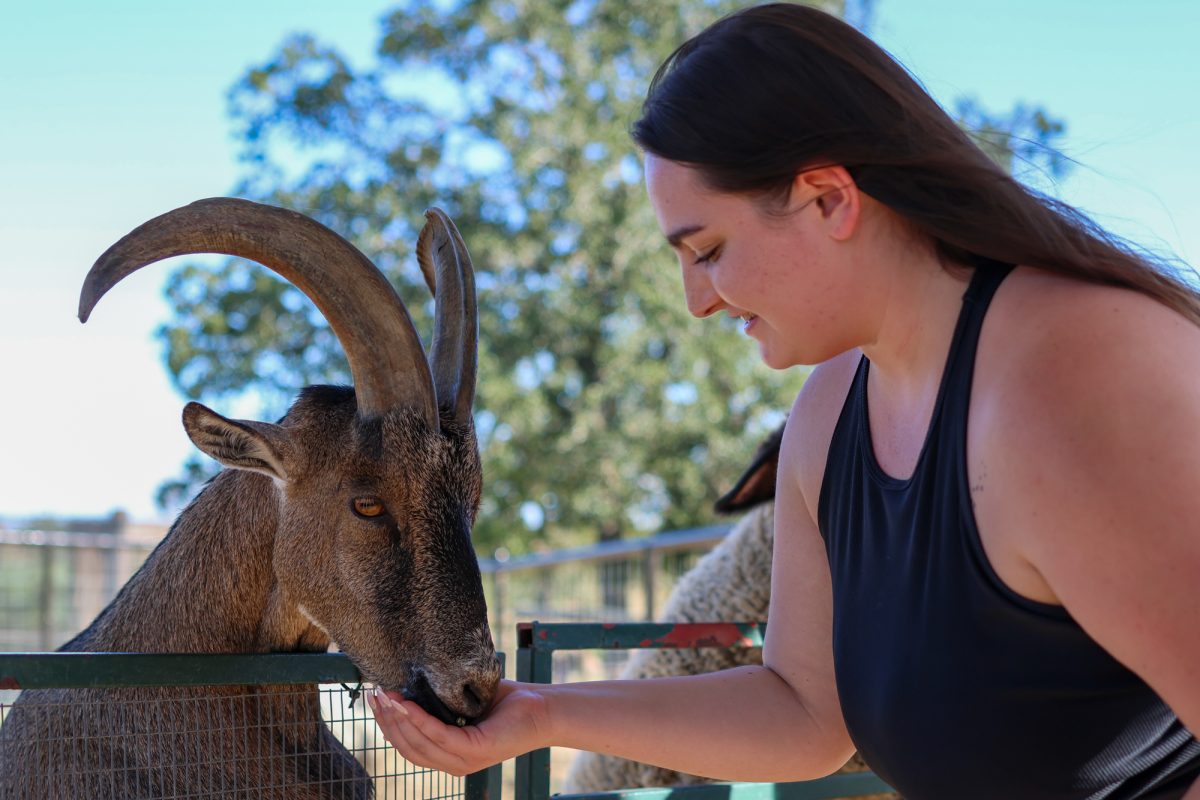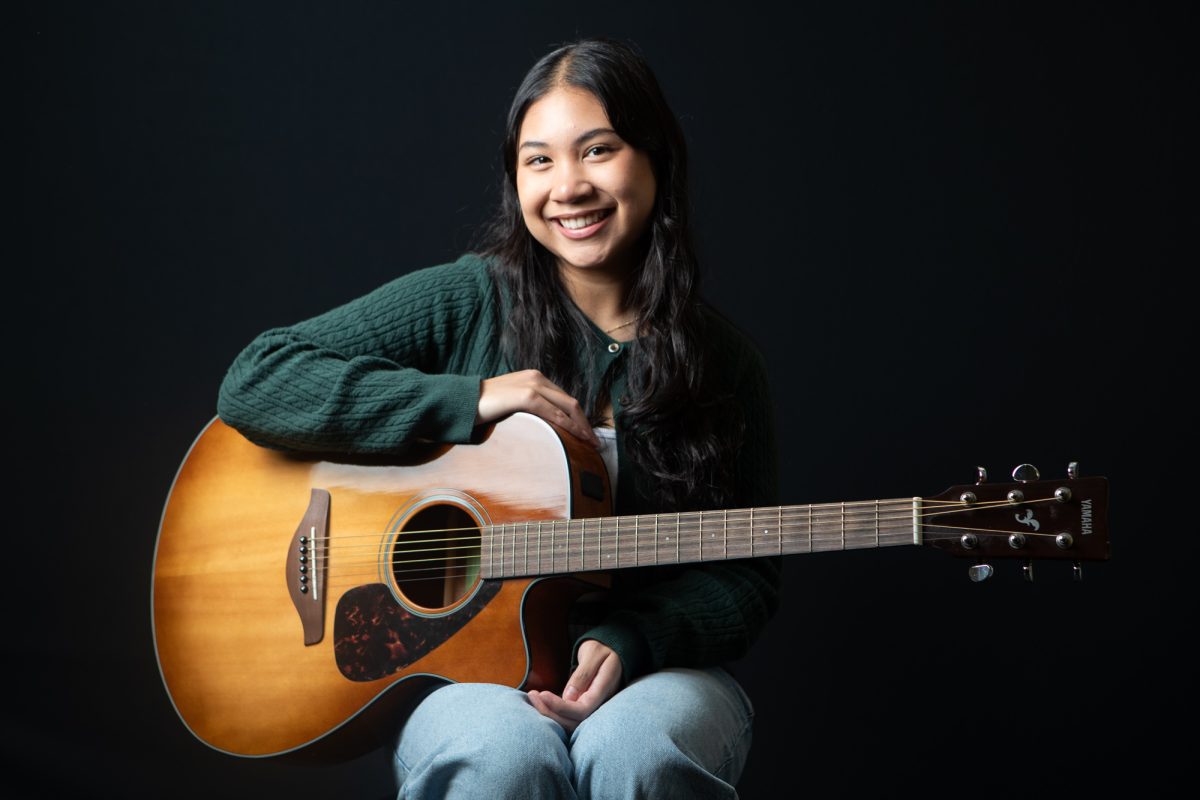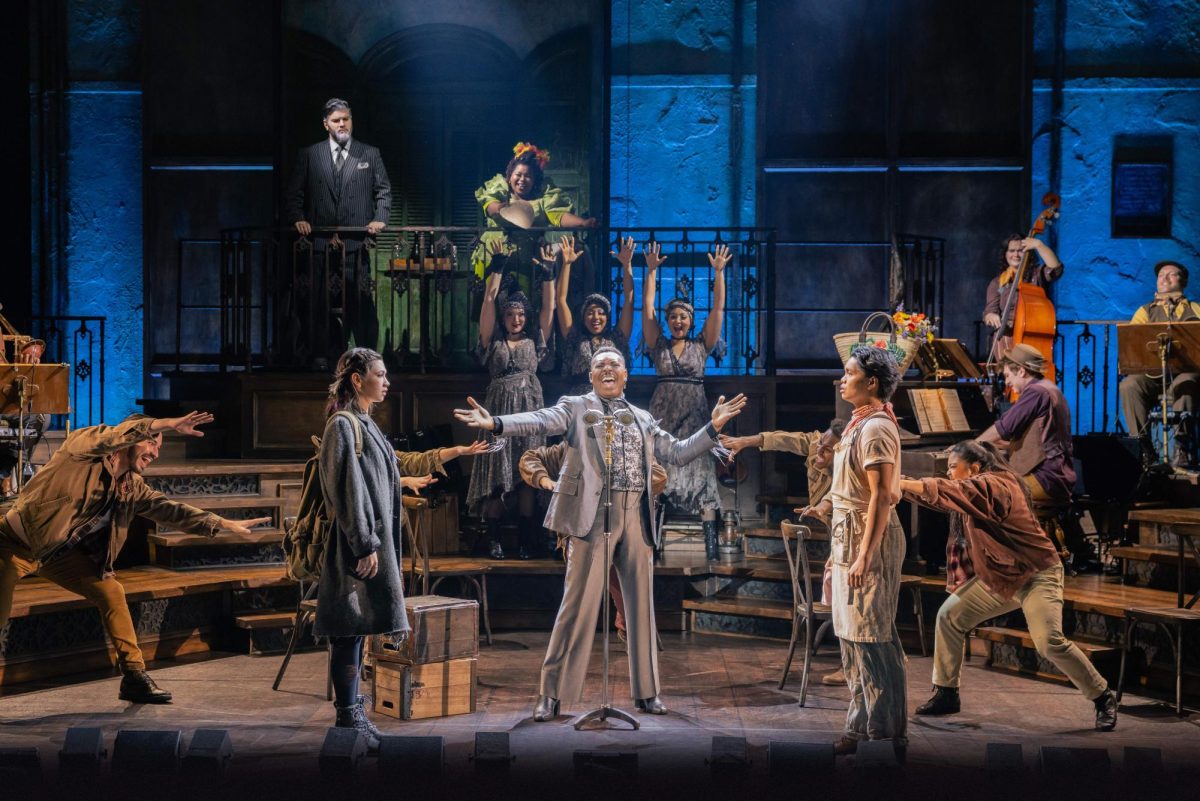“Ring by spring” is a new take on an old concept.
During much of the 1900s, some women attended college to find successful husbands rather than degrees. These marriage-seeking diplomas were called “Mrs. degrees.” The idea is deep-seated in universities, especially Texas A&M, with Aggie lore claiming the Yell Leaders originated during a football match in 1907 as a way to entertain the Texas Woman’s University students, who would visit campus to meet eligible men.
“Ring by spring,” on the other hand, is a growing trend where individuals seek marriage alongside a degree — specifically, an engagement ring by spring graduation. It’s a modern version of our grandparents’ “Mrs. degrees,” and one that persists among falling marriage rates and rising marriage ages, census data shows.
Aerospace engineering senior Kersten Kirby said she married her husband last spring semester, after dating for about a year.
“I had never dated before,” Kirby said. “To me, dating, the end goal’s always marriage. I wanted to wait until I found somebody I thought I’d marry. We weren’t engaged super long, and by most people’s standards, didn’t date super long, but it was long enough for both of us to learn what we wanted to know.”
While not a strict goal, Kirby said she hoped to marry young, and college was the perfect opportunity.
“I hoped to meet whoever I was going to marry and get married young,” Kirby said. “That’s what my family normally does; that’s what I’ve seen happen mostly. The thought of graduating college and going off into adult life alone was scary, but it wasn’t, like, a goal. I came to college to get a degree, and I’m going to leave it with both that and a husband.”
Kirby’s perspective isn’t unique, but it’s becoming less common. The “ring by spring” trend contrasts shifting matrimony ideals; in 1952, US census data recorded the median marrying age at 20 for women and 23 for men, but by 2022, those numbers rose to 28 for women and 30 for men — and that doesn’t count the rising number of Americans who never marry at all.
Communication freshman Hannah Nguyen said she doesn’t have time for a fiance.
“I don’t have time for myself first of all, so for me to have time to marry someone while I’m in college is insane,” Nguyen said.
While she isn’t against engagement later on, Nguyen said she’s focusing on establishing her own life at the moment.
“If you can’t find happiness while single, then don’t get into a relationship,” Nguyen said.
However, studies suggest getting married might be less in our control than people realize. Brigham Young University sees America’s highest marriage rates — BYU’s student magazine reported 56% of the Class of 2010 was married at graduation, and that’s not including those engaged.
It’s because BYU is the principal college of the Church of Latter Day Saints, a religion emphasizing matrimony. Politics, children, sexual orientation, income and culture also influence if or when we marry, a phenomenon recorded by psychologists for decades in America.
High school sweethearts Sharon and Joe Tidwell, Class of 2001 and 1999, respectively, married in 2000 as A&M undergraduates. Sharon said despite dating for years, it was an outside event that made them realize they wanted to marry.
“We got engaged in November 1999, about a week after the Bonfire tragedy,” Sharon said. “My husband and I lost a friend, and I think that gave us a perspective that life is short and unpredictable. We knew we loved each other. I’m not saying that’s the reason we got married, but we’d been together for five years, dated through high school, and broken up a few times at A&M, and I think we just figured out there’s no other person for us.”
With baby boomer parents and four Generation Z children, Sharon said she’s seen generational differences affect life plans in her own family.
“Women’s roles have changed,” Sharon said. “My mom went to school to be a teacher, which was all the career choices they were given. Then, my generation started branching out, and now this generation has more options than we ever thought.”
The Tidwells’ daughter, Laura, now attends A&M as a forensics freshman. Sharon said despite knowing she wanted to spend her life with Joe, their “Why wait?” perspective isn’t necessarily advice she’d give her daughter.
“I don’t know how my parents said yes, but they did — but they were also deeply religious,” Sharon said. “I don’t think I’d feel that way, if one of my daughters came to me at 21 saying they wanted to get married.”
Kirby said she’s only been married for four months, but it’s been the best months of her life; Nguyen, on the other hand, said being single can be freeing.
“The message to kids is you don’t have to get married to have a stable income or career,” Sharon said. “You can do it yourself. And I think that’s empowering and great.”


